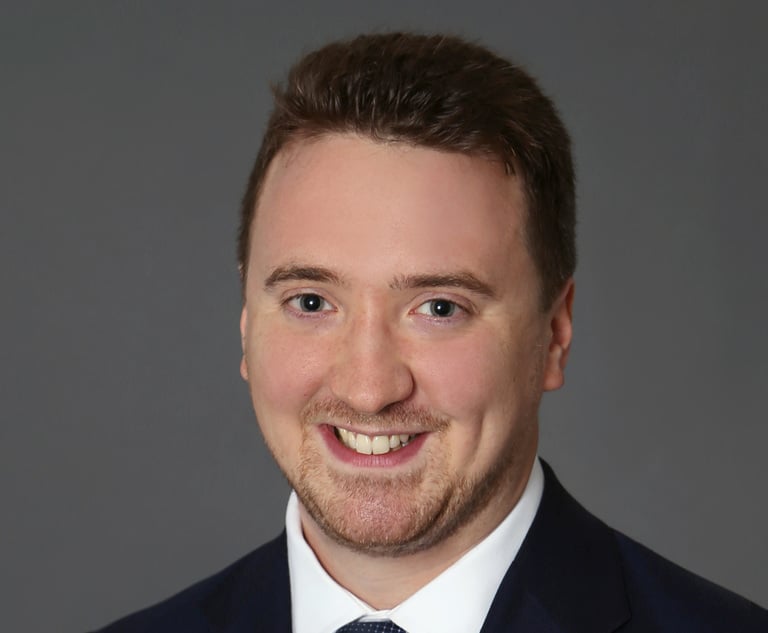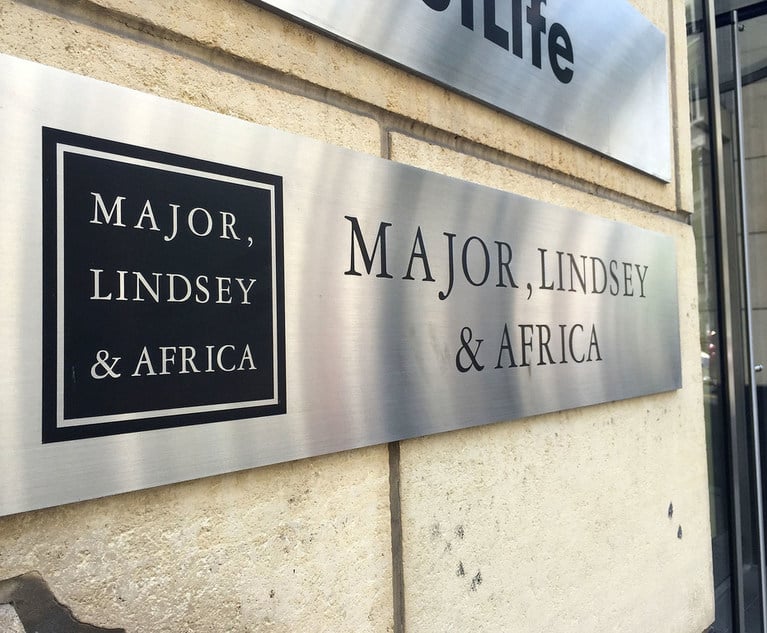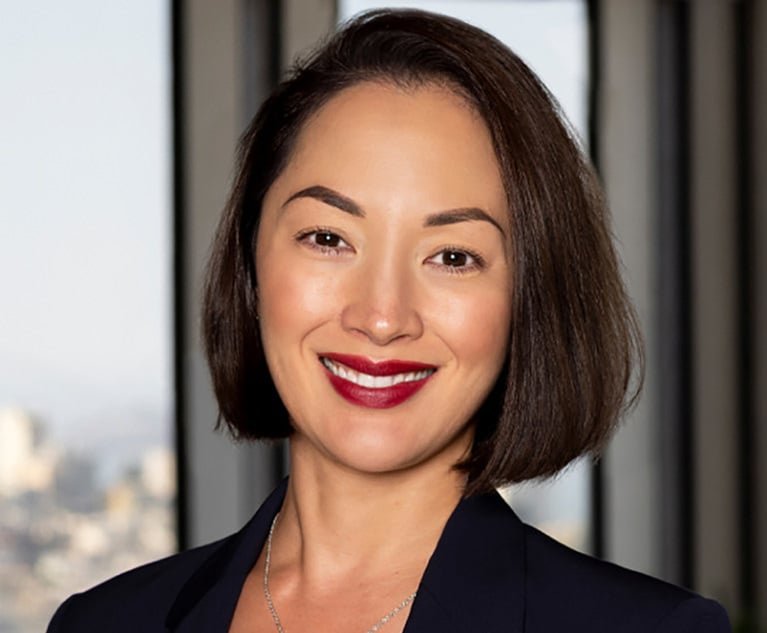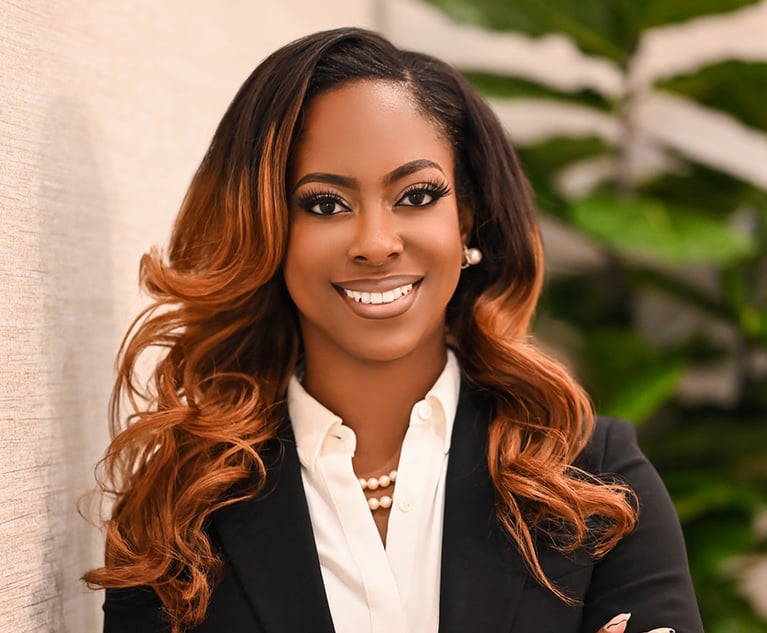While Bill Lee of Wilmer Cutler Pickering Hale and Dorr has become practically a household name for representing Harvard University in the high-profile case over its college admissions policies (click here for my recent Q&A with Lee), most of us know little about opposing counsel—the team of lawyers who are sometimes described in the press as “the four former Clarence Thomas clerks.” (The four are Adam Mortara and John Hughes, partners at Barlit Beck; and William Consovoy and Patrick Strawbridge, partners at Consovoy McCarthy Park.)
I decided to find out more about these lawyers who represent Student for Fair Admissions (SFFA), the group suing Harvard for allegedly discriminating against Asian-Americans by setting a higher admissions bar for them. I caught up with Hughes and Mortara, the two who argued the case before Federal Judge Allison Burroughs. Below is an edited version of our phone conversation:


 Adam Mortara, left, and John Hughes, right, with Bartlit Beck.
Adam Mortara, left, and John Hughes, right, with Bartlit Beck.








